Peppers And Beans: The Perfect Pair
Peppers and beans are two of the most popular vegetables in the world, and for good reason. They are both packed with nutrients, versatile, and delicious. But did you know that they are also the perfect pair?
In this blog post, we will explore the many reasons why peppers and beans are such a great combination. We will discuss their nutritional benefits, their versatility in the kitchen, and some of our favorite recipes that feature this dynamic duo.
Nutritional Benefits
Peppers and beans are both excellent sources of vitamins, minerals, and fiber. Peppers are a good source of vitamins A and C, as well as potassium and folate. Beans are a good source of protein, fiber, iron, and magnesium.
When you combine peppers and beans, you get a meal that is packed with nutrients. This makes them a great choice for people who are looking to improve their overall health.
Versatility
Peppers and beans are also very versatile vegetables. They can be used in a variety of dishes, from soups and stews to salads and burritos. This makes them a great choice for people who are looking for a healthy and convenient way to add variety to their diet.
Recipes
Here are a few of our favorite recipes that feature peppers and beans:
- Black bean and corn salsa: This is a light and refreshing salsa that is perfect for summer. It can be served as a dip with chips, or as a topping for tacos or burritos.
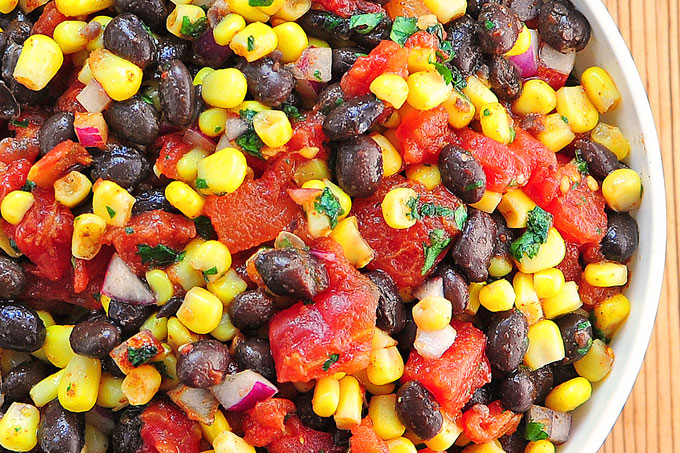
- Roasted pepper and bean soup: This hearty soup is packed with flavor. It is made with roasted peppers, beans, tomatoes, and spices. It is a great option for a cold winter day.
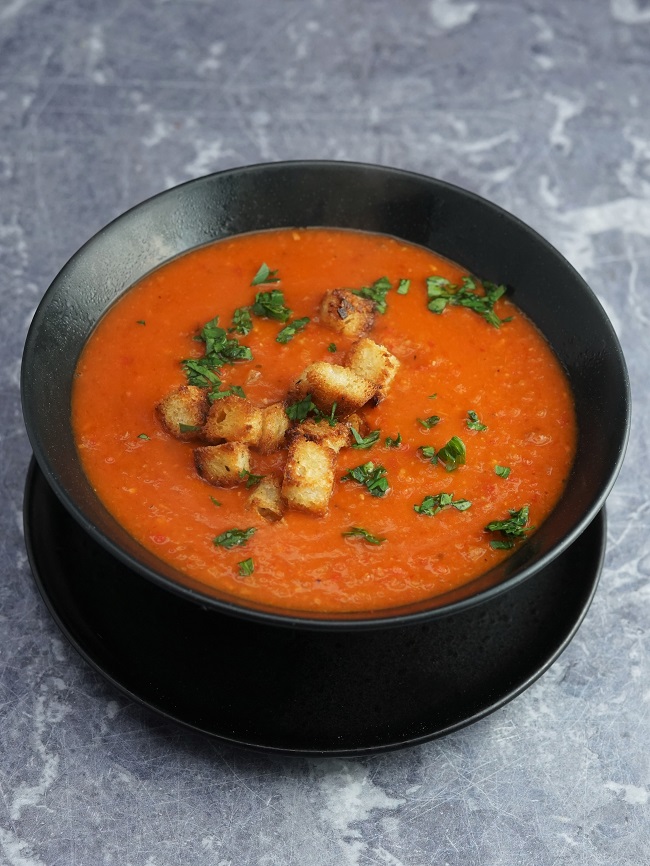
- Bean and pepper quesadillas: These quesadillas are a quick and easy meal that is perfect for a busy weeknight. They are made with beans, peppers, cheese, and your favorite toppings.

- Pepper and bean chili: This chili is a classic comfort food. It is made with beans, peppers, tomatoes, and spices. It is a great option for a cold winter day.
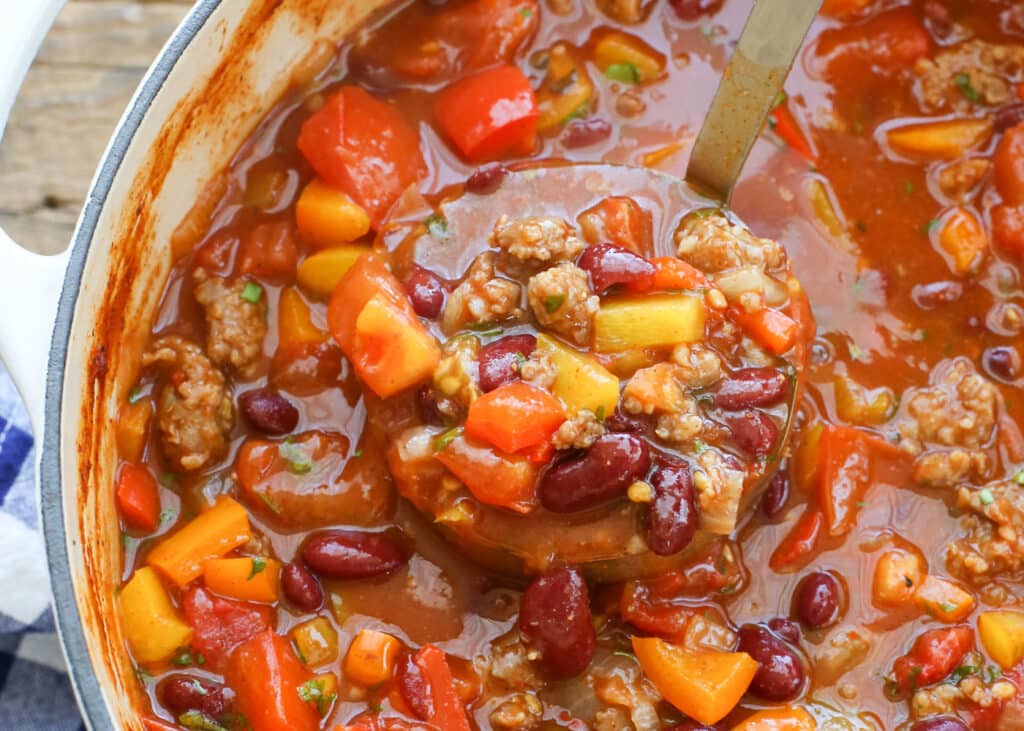
Conclusion
As you can see, peppers and beans are a great combination for a variety of reasons. They are both nutritious, versatile, and delicious. If you are looking for a healthy and convenient way to add variety to your diet, then peppers and beans are a great option.
Pepper and bean companion planting is a great way to improve the health and productivity of your garden. Peppers and beans have complementary growing requirements, and they can help each other to thrive. Beans fix nitrogen in the soil, which is beneficial to peppers. Peppers can help to deter pests that can damage beans.
If you are interested in learning more about pepper and bean companion planting, I recommend visiting Gardenia Inspiration. This website provides a wealth of information about companion planting, including specific recommendations for planting peppers and beans together.
In addition to providing information about companion planting, Gardenia Inspiration also offers a variety of other resources for gardeners, including articles, gardening tips, and a forum where you can connect with other gardeners.
I hope this helps!
FAQ of peppers and beans companion planting
5 Most Frequently Asked Questions About Peppers and Beans Companion Planting
1. Can you plant peppers and beans next to each other?
- Answer: Yes, you can plant peppers and beans next to each other. In fact, they can be beneficial companions for each other. Beans fix nitrogen in the soil, which can help peppers to grow better. Peppers also help to deter pests from beans. However, it is important to note that some varieties of beans, such as pole beans, can get quite tall and may shade out peppers. If you are concerned about this, you may want to plant the beans in a different area of your garden.
2. What are some other good companion plants for peppers?
- Answer: Some other good companion plants for peppers include:
- Basil: Basil helps to repel pests and improve the flavor of peppers.
- Carrots: Carrots help to improve the drainage of the soil around peppers.
- Cucumbers: Cucumbers help to deter pests from peppers.
- Eggplant: Eggplant helps to attract pollinators to peppers.
- Onions: Onions help to repel pests from peppers.
3. What are some plants that should not be planted near peppers?
- Answer: Some plants that should not be planted near peppers include:
- Brassicas: Brassicas, such as broccoli, cabbage, and cauliflower, can attract pests that also attack peppers.
- Fennel: Fennel can suppress the growth of peppers.
- Tomatoes: Tomatoes can attract pests that also attack peppers.
4. What are the benefits of companion planting peppers and beans?
- Answer: There are several benefits to companion planting peppers and beans. These include:
- Improved soil health: Beans fix nitrogen in the soil, which can help peppers to grow better.
- Reduced pest pressure: Beans help to deter pests from peppers, and peppers help to deter pests from beans.
- Improved pollination: Peppers and beans attract pollinators, which can help to improve the pollination of both plants.
5. How far apart should peppers and beans be planted?
- Answer: The spacing requirements for peppers and beans will vary depending on the variety of each plant. However, as a general rule of thumb, peppers should be spaced 18-24 inches apart and beans should be spaced 6-8 inches apart.
Image of peppers and beans companion planting
5 different images of "peppers and beans companion planting" from Pinterest:
Pepper and bean teepee
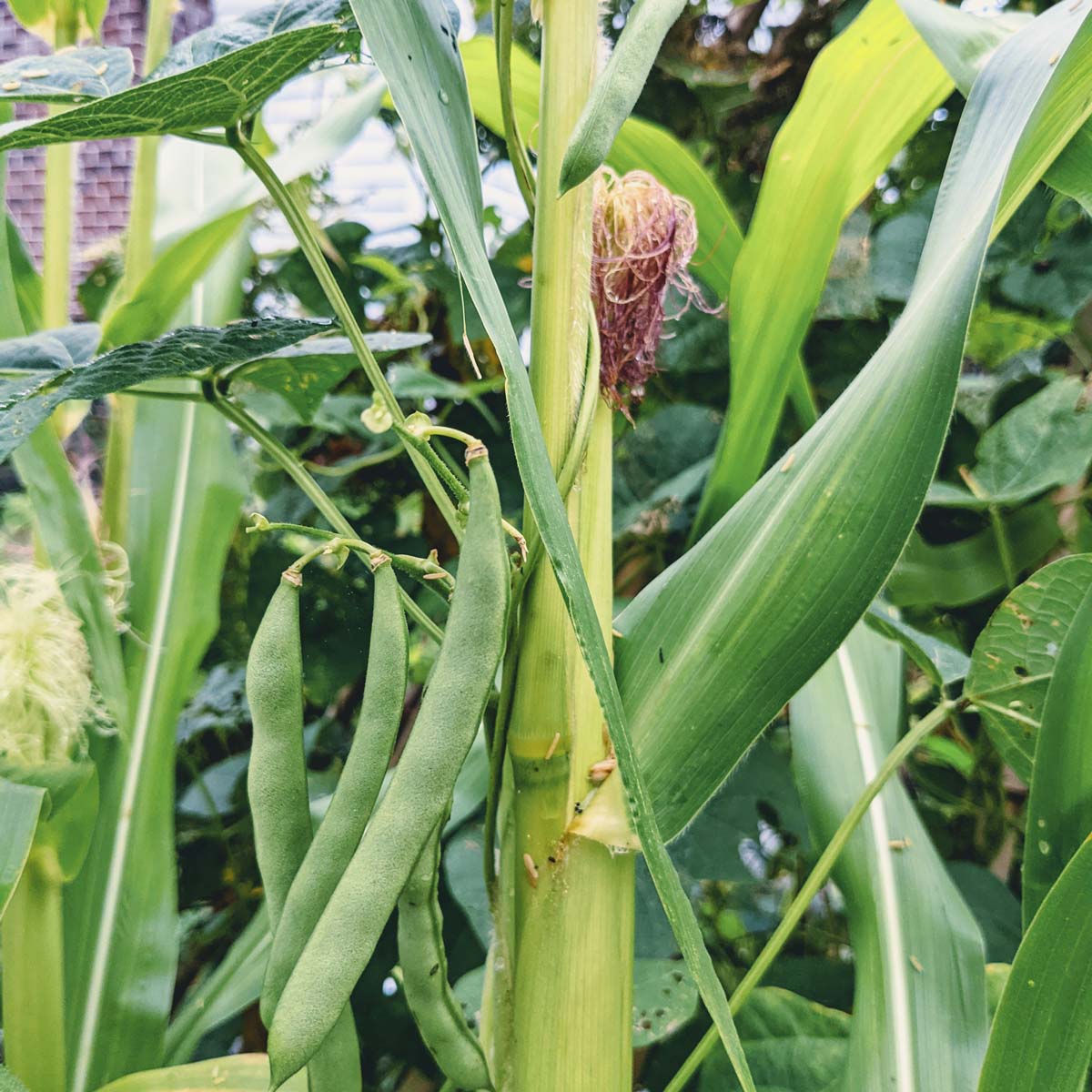 This is a great way to save space and create a vertical garden. The beans will climb up the teepee, while the peppers will grow at the base.
This is a great way to save space and create a vertical garden. The beans will climb up the teepee, while the peppers will grow at the base.Pepper and bean border
This is a simple and effective way to companion plant peppers and beans. Plant the peppers in the middle of the border, and the beans along the edges.
Pepper and bean container
 If you're short on space, you can plant peppers and beans in a container. This is a great way to bring the garden to your patio or balcony.
If you're short on space, you can plant peppers and beans in a container. This is a great way to bring the garden to your patio or balcony.Pepper and bean mixed bed
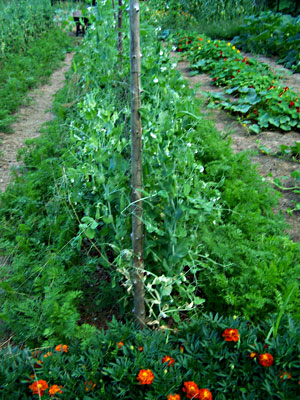 This is a more natural way to companion plant peppers and beans. Plant them together in a bed with other vegetables, such as tomatoes, cucumbers, and squash.
This is a more natural way to companion plant peppers and beans. Plant them together in a bed with other vegetables, such as tomatoes, cucumbers, and squash.Pepper and bean succession planting
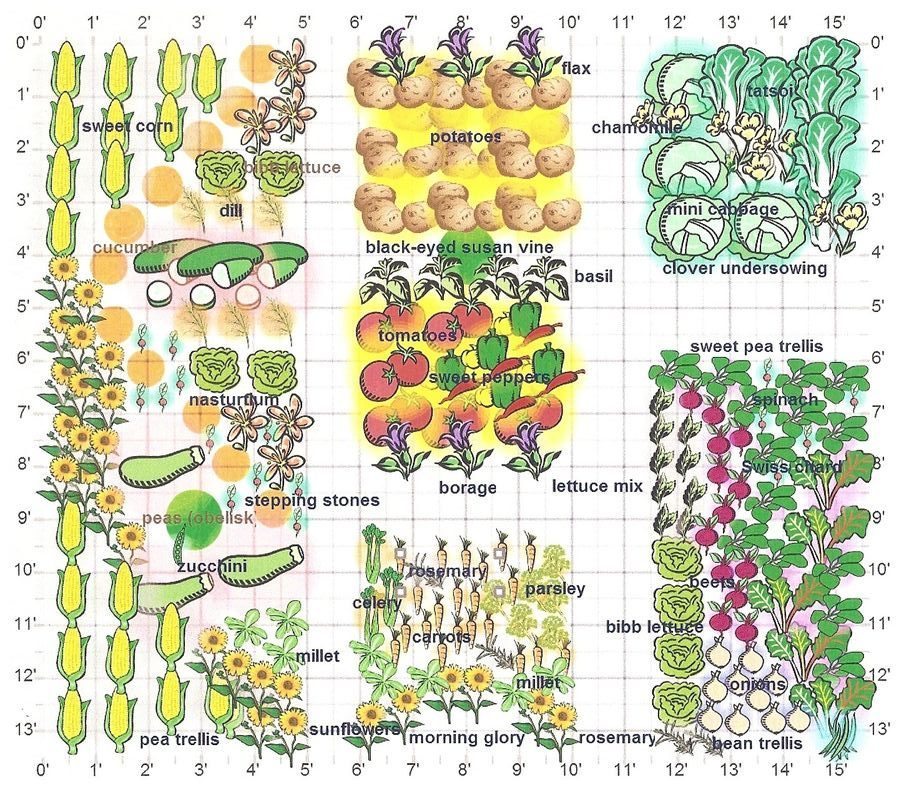 This is a great way to extend your harvest. Plant the peppers first, and then the beans a few weeks later. The beans will mature after the peppers have finished, so you'll have a continuous supply of fresh vegetables.
This is a great way to extend your harvest. Plant the peppers first, and then the beans a few weeks later. The beans will mature after the peppers have finished, so you'll have a continuous supply of fresh vegetables.
Post a Comment for "Peppers And Beans: The Perfect Pair"